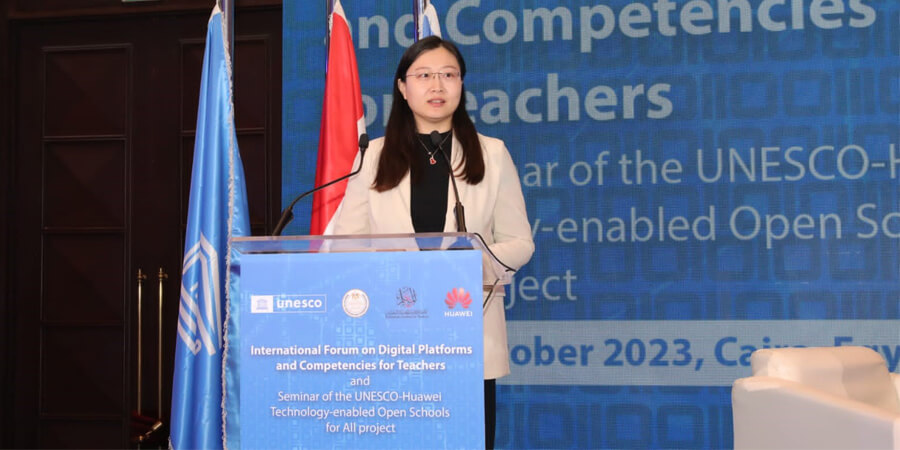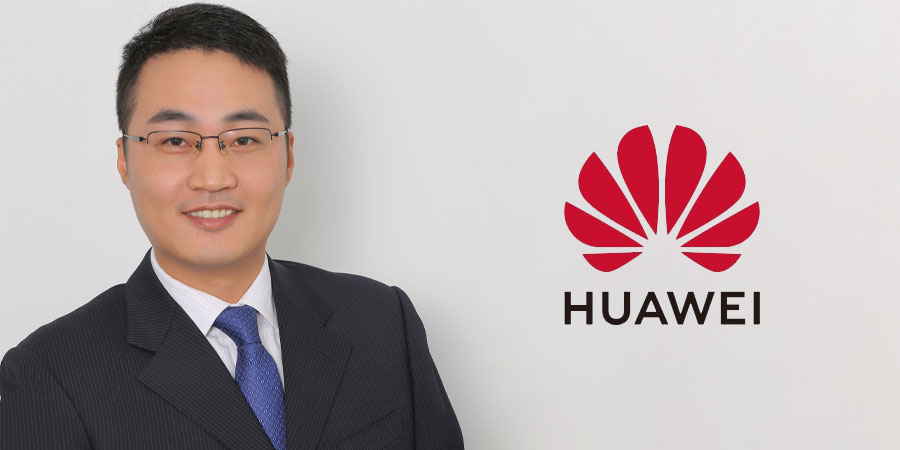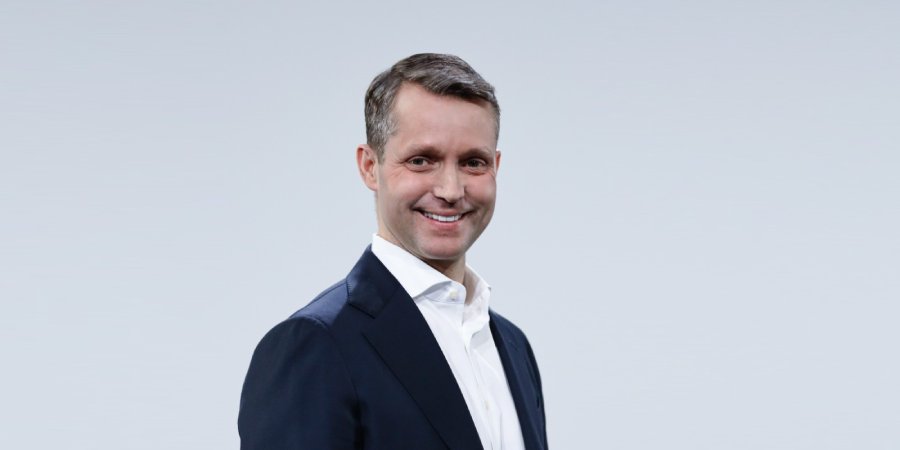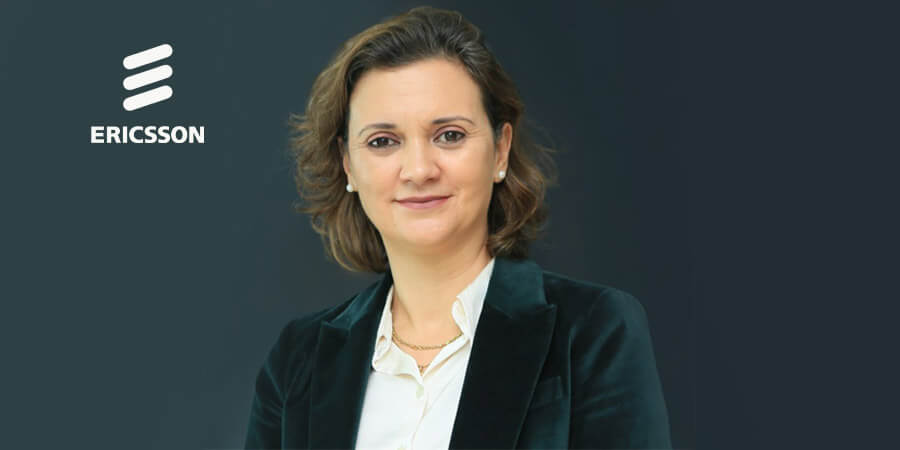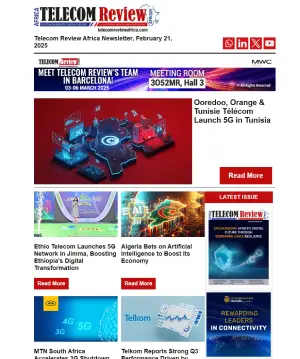Egypt’s Ministry of Education officially launched the National Distance Learning Centre for the Continuous Professional Development of Educators. The learning center was developed as part of the UNESCO-Huawei Technology-enabled Open Schools for All project, which is running in Egypt, Ghana, and Ethiopia from 2020 to 2023.
Dr. Reda Hegazy, minister of Education and Technical Education, expressed his appreciation to UNESCO and Huawei for their support and for choosing Egypt to be a partner in the Open Schools Project. He also praised the accomplishments made by the Open Schools project in cooperation with the Professional Academy for Teachers and the UNESCO Office in Cairo stating, “The Open Schools program has made notable achievements in the education sector in Egypt in terms of capacity building and preparing enrichment training courses for teachers, various digital platforms, and the establishment of the National Center for Distance Education, to improve the skills of educators in Egypt.”
Technology-enabled Open Schools for All (TeOSS)
Implemented in partnership with the ministries of education in Egypt, Ethiopia, and Ghana, the UNESCO-Huawei TeOSS project is piloting and testing digital education platforms in the three African nations. It is also providing training in digital skills for teachers and students, developing policy frameworks for digital education, and evaluating the project’s efficacy with a view to scaling out TeOSS to other nations in Africa.
In Egypt, for example, 300 teachers have received training in digital skills through the project, and the new learning center will boost distance learning and digital literacy capabilities for 950,000 K-12 educators in underserved communities.
Sobhi Tawil, director of the Future of Learning and Innovation Team at UNESCO, praised the cooperation with the Ministry of Education in Egypt and its role in supporting future horizons. He added that Huawei’s project is to enable open schools and raise digital learning competencies since 2020, which has contributed to raising the quality of education, ensuring access and continuity of education in Egypt, Ethiopia, and Ghana. Egypt was one of the first countries to implement the digital learning initiative. Tawil also noted that the opening of the National Center for Distance Education in Egypt represents a big step in digital transformation.
The TeOSS project is designed to blend online and offline learning to maximize education outcomes and to ensure learning continuity in both normal and crisis conditions. According to UNICEF, for example, more than 616 million students were still affected by full or partial school closures due to the COVID-19 pandemic as late as January 2022.
Building digital education capabilities at a national level can help mitigate disruption to learning if unforeseen events occur.
Huawei’s involvement in the project falls under its long-term digital inclusion and sustainability initiative, TECH4ALL. The education domain of TECH4ALL is committed to developing tech-driven solutions that can help achieve UN Sustainable Development Goal 4: ensure inclusive and equitable quality education and promote lifelong learning opportunities for all.
“Education matters for all, and our strategy is to improve digital skills for educators in order to address the challenge in Egypt. Let’s work together to build a more inclusive and sustainable digital world,” said Joyce Liu, director of TECH4ALL Digital Inclusion Program Office for Huawei.


